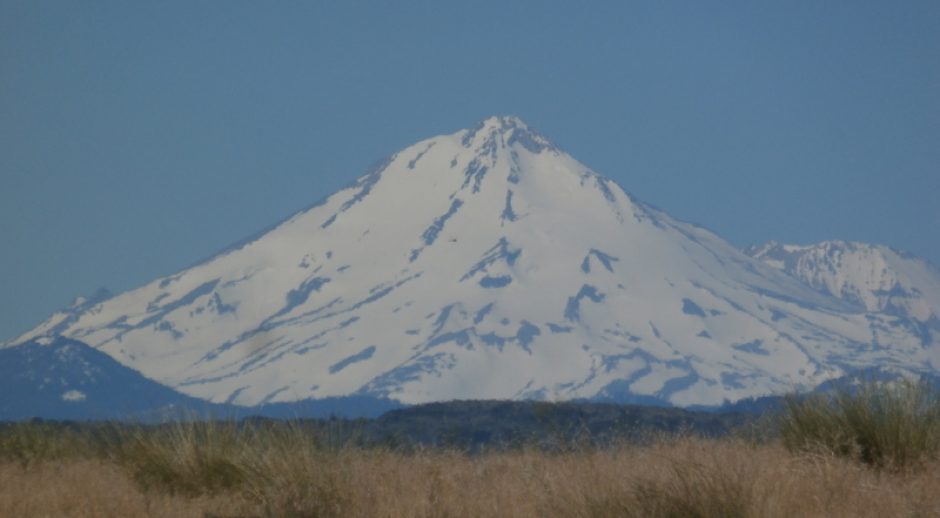So today’s plan was to walk past the harbor, visit the fort overlooking the harbor entrance, retrace my steps back to board the subway, to the train station, hop on the Cassis train, make my way to the Cassis Harbor by bus or taxi, buy a boat ticket to visit the French Fjords, spend a couple hours on a boat, have a nice dinner there in Cassis, then back to Marseille. That was my hoped for adventure.
Early in the morning, near 8 AM, I’d already walked the couple miles from my apartment to the southern tip of the harbor. The Fort St. Nicolas complex is a fort built atop an outcropping overlooking the sea at the mouth of the Marseille Harbor. There’s a museum in the area too. I’d hoped to be able to tour the entire complex over a couple hours but when I walked up to the forts gate, a construction manager shooed me away, because they weren’t open yet. I could see lots of interesting stuff though. The construction manager had his office in an old rock carved room with a desk, drawing table strewn with drawings, a landline phone, a strangely anachronistic computer and printer, etc. I ask if I could go into the courtyard for pictures? Not for another year he tells me. I saw a sign to that effect just before entering the open main gate, but didn’t really pay attention. They do allow people to wander around the outer grounds of the fort, but not the inner section. Here’s a shot just after entering the main gate on the right, climbing those stairs and up the path to the main fort entrance.





















